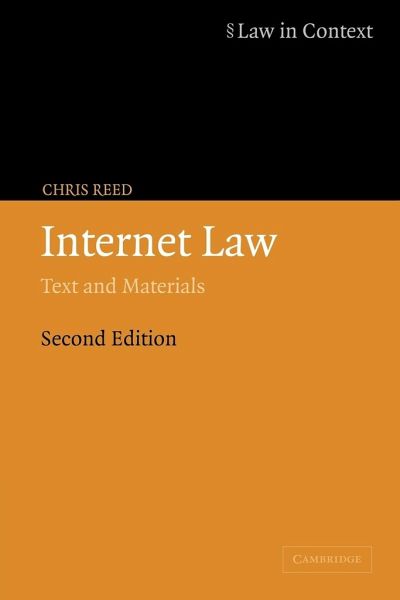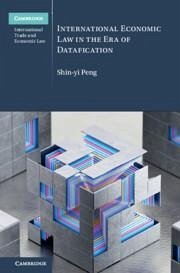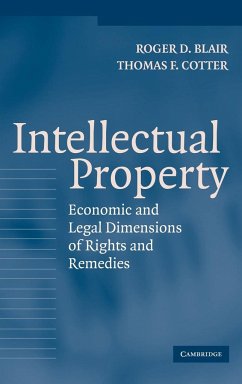
Internet Law
Text and Materials
Herausgeber: Twining, William; Mccrudden, Christopher

PAYBACK Punkte
40 °P sammeln!
The common fallacy regarding cyberspace is that the Internet is a new jurisdiction, in which none of the existing rules and regulations apply. However, all the actors involved in an Internet transaction live in one or more existing jurisdictions, so rather than being unregulated, the Internet is arguably highly regulated. Worse, much of this law and regulation is contradictory and difficult, or impossible, to comply with. This 2004 book takes a global view of the fundamental legal issues raised by the advent of the Internet as an international communications mechanism. Legal and other material...
The common fallacy regarding cyberspace is that the Internet is a new jurisdiction, in which none of the existing rules and regulations apply. However, all the actors involved in an Internet transaction live in one or more existing jurisdictions, so rather than being unregulated, the Internet is arguably highly regulated. Worse, much of this law and regulation is contradictory and difficult, or impossible, to comply with. This 2004 book takes a global view of the fundamental legal issues raised by the advent of the Internet as an international communications mechanism. Legal and other materials are integrated to support the discussion of how technological, economic and political factors are shaping the law governing the Internet. Global trends in legal issues are addressed and the effectiveness of potential mechanisms for legal change that are applicable to Internet law are also examined. Of interest to students and practitioners in computer and electronic commerce law.














